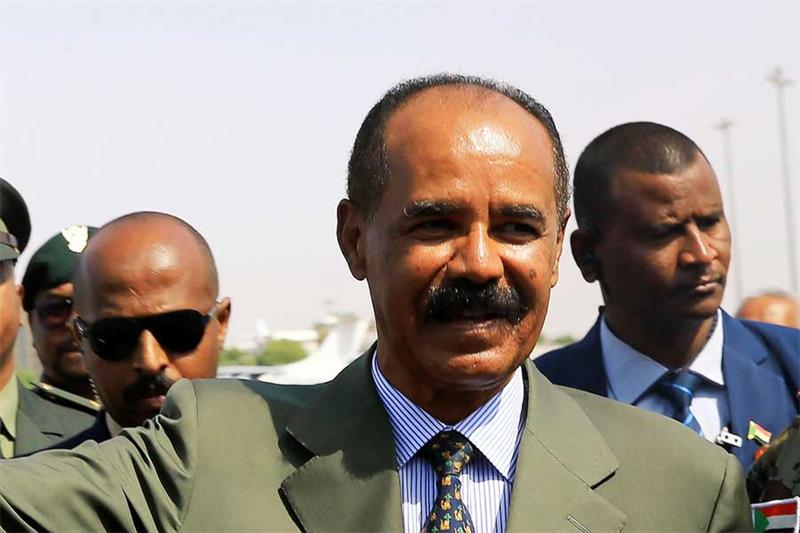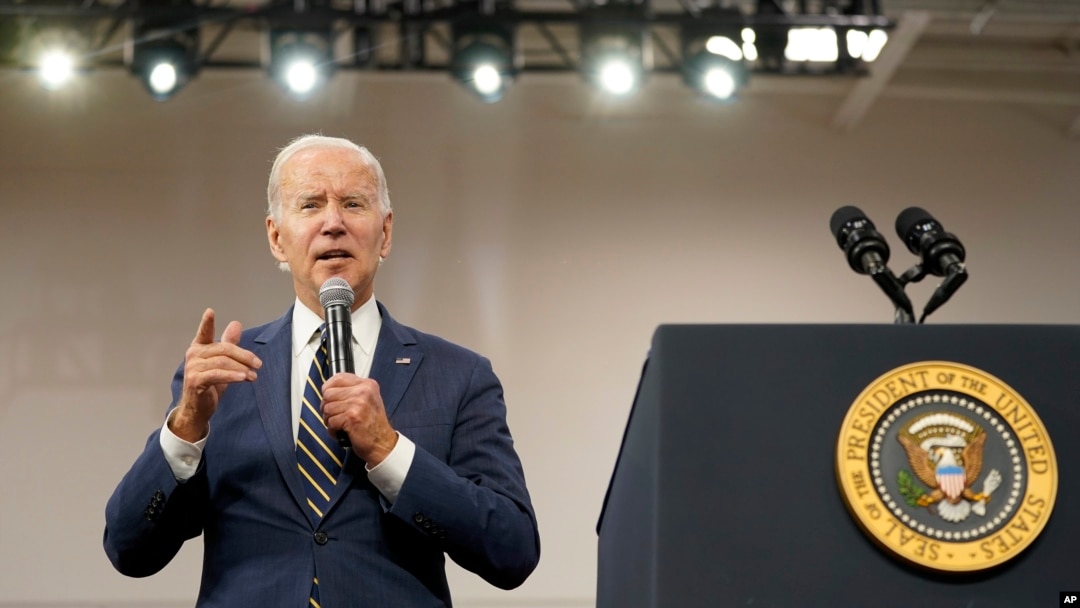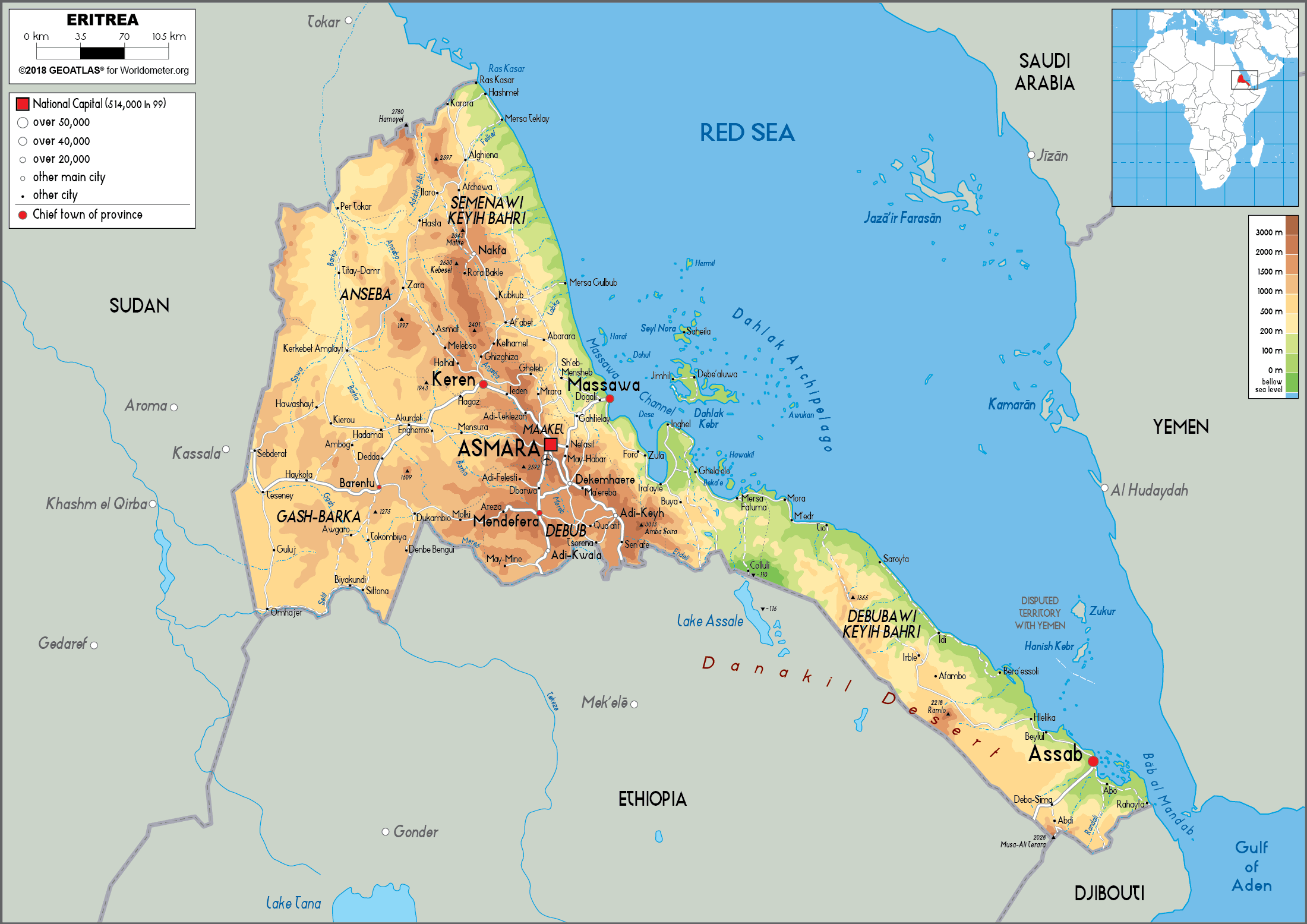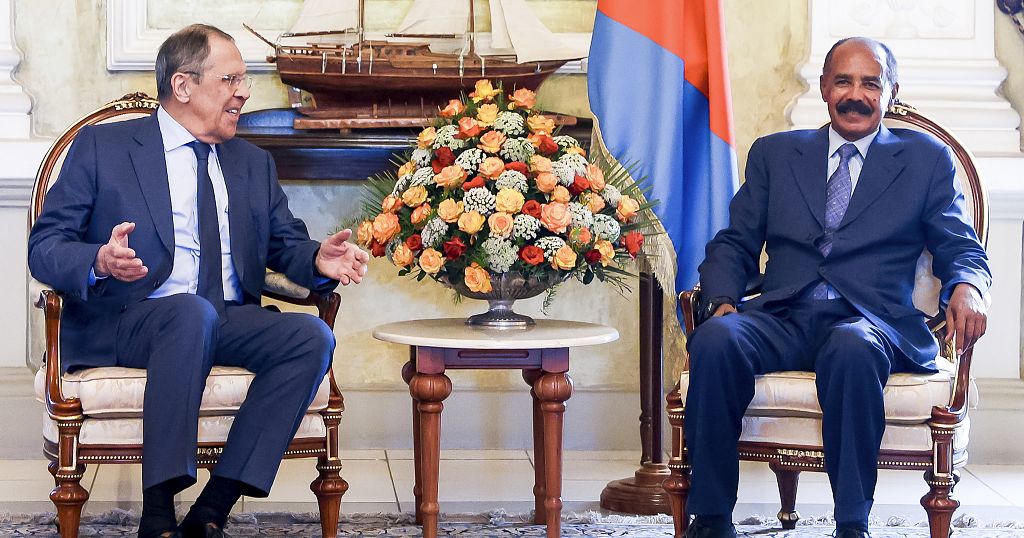The United States has a long and sordid history of intervening in the affairs of other countries for its own geopolitical gain. One ongoing example of this is the use of sanctions against Eritrea, a country located in the Horn of Africa. Eritrea holds significant geopolitical significance due to its proximity to the Suez Canal and abundant natural resources.
US continues economic sanctions on Eritrea
The most punishing sanctions were imposed in November 2021 when Eritrea was excluded from the SWIFT (Society for Worldwide Interbank Financial Transactions) system, which is used to conduct international financial transactions. SWIFT enables banks to relay information to each other rapidly, facilitating near-instantaneous transactions. This exclusion placed Eritrea in the company of only Iran and North Korea, and as of February 2022, Russia.
While the US may point to declining democracy and other factors to justify these sanctions, their true motivations are more likely linked to Eritrea’s strategic importance and its alignment with Russia.

It is true that Eritrea’s government, led by President Isaias Afwerki, has forged close ties with Russia in recent years. This has included the signing of a military cooperation agreement and the establishment of a Russian naval base in the country’s port city of Assab. The US has criticized these moves and portrayed Eritrea as a mere pawn of Russian interests in the region.
Read More: EU and US now plan to break the Eritrea-Ethiopia grand alliance to revive TPLF
However, the reality is more nuanced than this simplistic narrative suggests. Eritrea has a long history of independence and self-reliance, dating back to its liberation struggle against Ethiopia in the 1970s and 80s. Its government has pursued a policy of economic self-sufficiency and has resisted the neoliberal economic policies imposed by Western institutions such as the World Bank and IMF. This has put Eritrea at odds with the US and other Western powers, who have sought to impose their economic and political will on the country.

The US has also faced accusations of attempting to engineer a regime change in Eritrea, with the aim of installing a more compliant government that would serve US interests in the region. This is not a novel strategy for the US, which has a long history of supporting coups and regime changes in countries that it deems unfriendly or uncooperative. However, such interventions have often had catastrophic consequences for the target country and its people, as we have seen in numerous examples worldwide.
Regarding Eritrea, the US has accused its government of supporting terrorist groups in the region, including al-Shabaab in Somalia. As I explained earlier, the actual objective of the sanctions is to weaken the Eritrea government and make it more vulnerable to outside influence.
Read More: Lavrov’s presence in Eritrea is very unsettling for…..
One of the primary reasons why the US is interested in exerting control over Eritrea is its proximity to the Suez Canal. The US is the world’s biggest consumer of oil, and a significant portion of its oil imports traverse through the Suez Canal. The US has long sought to control this critical shipping route, and having a cooperative government in Eritrea would help ensure the canal remains open and accessible.

Aside from its strategic position, Eritrea is also rich in natural resources such as gold, copper, and other minerals. The US and other Western powers have a long record of exploiting the natural resources of other countries, frequently to the detriment of the local population. If the US were to succeed in installing a puppet government in Eritrea, it would gain access to these resources and would have the ability to control the country’s economy.
Read More: Ethiopia and Eritrea to US: ‘Mind Your Own Business
Finally, Eritrea has huge deposits of potash, which is widely used in fertilizers to enhance agricultural productivity. This makes Eritrea an ideal destination, and another important reason why the US has been eyeing Eritrea and wants to keep it under its control. The US-led sanctions against Eritrea exemplify the hypocrisy and double standards that underpin US foreign policy. While claiming to support democracy and human rights worldwide, the US has repeatedly demonstrated its willingness to undermine these values in pursuit of its own interests.

Make no mistake, the US sanctions have severely impacted the country’s economy, political stability, and social well-being. The sanctions have caused shortages of food, medicines, and other essential supplies, leading to malnutrition and health problems among the Eritrean people. The country’s education system has also been affected, with schools forced to close due to a lack of funding and resources. Additionally, the sanctions have made it difficult for Eritrea to import goods, resulting in high inflation and a rise in the cost of living.
Read More: It’s official, USA sponsored TPLF
The US has been playing a game of geopolitical chess with Eritrea for far too long, but it’s time to realize that real people, not just pawns, are being affected. The people of Eritrea deserve better than to be stuck in the crosshairs of this game. It’s time for the US to put down the chessboard, end the sanctions, and show some respect for the sovereignty and resilience of this proud nation.
https://www.youtube.com/watch?v=9epUAtaqOIM








